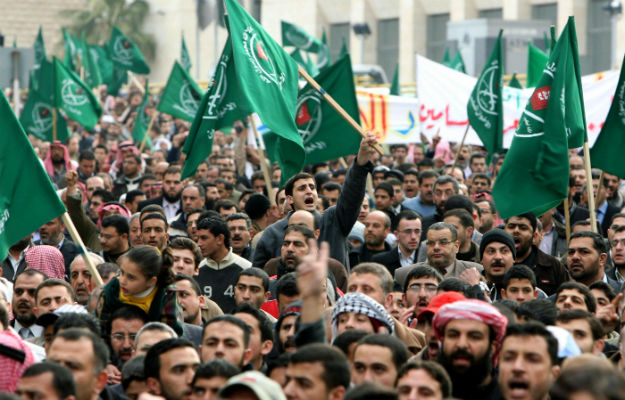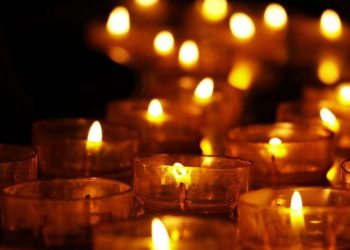Andres Zeki Estafanos, a theology professor in Cairo, presents a critical study of Muslim Brotherhood and Salafi discourse on the Copts of Egypt — in Al-Mesbar Center’s ninety-first monthly book, Christians of the Arab East. The paper begins with a review of manifestations of tolerance and intolerance in Egyptian history. Estafanos notes that the concept of “minorities” became prominent in the Egyptian public discussion relatively recently — in the 1990s. Its meaning was limited to religious minorities, as opposed to designations such as ethnic or ideological minorities.
Islamist movements, prior to the “Arab Spring,” have consistently provoked and incited against religious minorities in the country over the past three decades, which saw a marked increase in acts of violence toward the Copts. Between 1972 and1995, 1205 Copts were killed and nearly 1024 injured. Islamist parties such as the Muslim Brotherhood are thought to have been responsible for about ninety percent of such actions, with the remaining ten percent attributed to Salafis.
Following the “January Revolution” of 2011, new terms made their way into the public discourse signaling an effort to transcend sectarian divisions in the country. These included the notion of “national partners,” a discussion of the meaning of equality in citizenship, and an effort to increase constructive dialogue among the country’s two main faiths. The period was marked by a series of memorable acts, involving the mutual protection of Muslims and Copts displayed at Al-Tahrir Square. But Copts expressed new concerns after the drafting of the 2012 constitution, which called in article 219 for the Sunni Islamic Shari’ah to be the basis for legislation. The Muslim Brotherhood and Salafi groups adopted an intolerant discourse toward Copts following the first elections prior to the fall of Mohammed Morsi. Then, following the “June Revolution” of 2013, their discourse took a radically aggressive new turn, due to the fact that Islamists blamed Copts for igniting the revolution that toppled Morsi.














